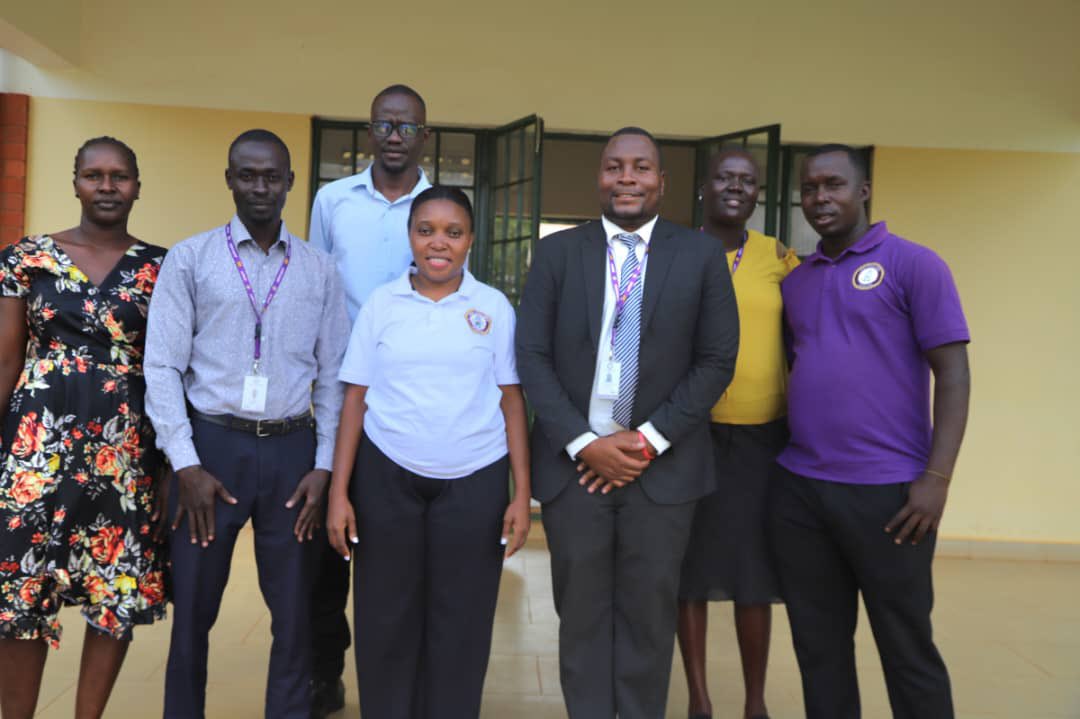The Judiciary’s Registry of Communications and Public Relations has conducted extensive court-user sensitisation sessions at the Lira and Pader Chief Magistrates Courts as part of its drive to deepen public understanding of the justice system and bridge gaps between citizens and judicial institutions.
At the Lira Chief Magistrates Court, Chief Magistrate Joe Fay Adoko led the session with an in-depth explanation of key judicial processes.
He emphasised the importance of plea bargaining, saying it saves judicial time, reduces opportunities for corruption, fosters reconciliation, and helps restore relationships between parties.
Adoko also took participants through the stages of a criminal trial — from police investigations and case sanctioning by the Office of the Director of Public Prosecutions, to trial, sentencing, and committal to prison authorities.
On civil matters, he highlighted the usefulness of the Small Claims Procedure, which allows quick and affordable resolution of disputes involving up to Shs10 million, without the need for legal representation.
Responding to concerns about witness preparation, he urged complainants to work closely with State Attorneys to ensure witnesses are interviewed and adequately briefed.
He also addressed causes of delayed decisions, including manpower shortages, complex cases, and judicial transfers, encouraging reconciliation as a less adversarial alternative to lengthy litigation.
Judiciary Senior Client Service Officer Halimah Kaggwa sensitised participants on bail refunds, complaints-handling mechanisms, and the Judiciary Call Centre.
She encouraged court users to tap into local support systems before travelling to Kampala.
State Prosecutor Omara Paul guided participants on the difference between Police files and Court files, clarifying how each can be followed up.
In Pader, the sensitisation team was received by Magistrate Grade I Ongwee Stanslus Okello, who praised the initiative and called for more frequent engagements.
He highlighted the Small Claims Registry at the court and urged the public to use it for fast, affordable dispute resolution, noting that the law requires such cases to be disposed of within one month.
Ms Kaggwa again took participants through Mediation, bail refund procedures, and the need for proper documentation.
She stressed that bail money remains the property of the accused and serves only as a commitment to comply with court processes.
She also encouraged responsible use of the Judiciary’s toll-free lines.
Community members raised concerns about bail refunds, prolonged remand periods, ex parte hearings, land disputes — especially those affecting women — as well as traditional property and succession issues.
Ongwee addressed these concerns and encouraged the public to embrace Judiciary-led innovations such as Plea Bargaining, Mediation, Arbitration, and the Small Claims Procedure.
The sensitisation sessions formed part of the Judiciary’s broader strategy to demystify court processes, promote accountability, and strengthen public confidence in the justice system.
By engaging communities in Lira and Pader, the Judiciary reaffirmed its commitment to a justice system that is accessible, efficient, and responsive to citizens’ needs.


